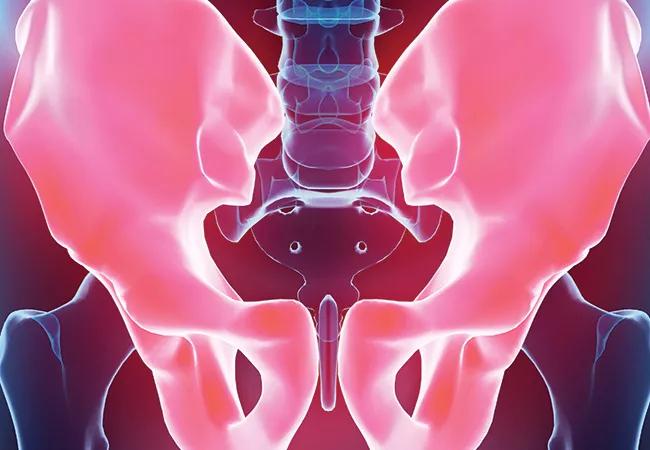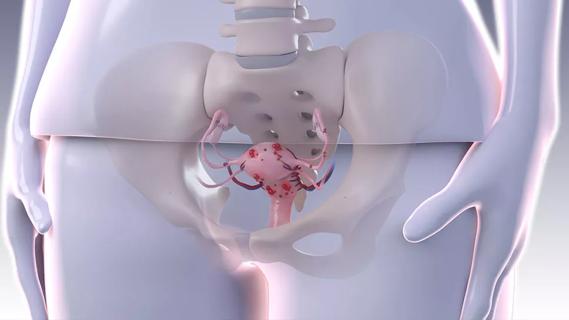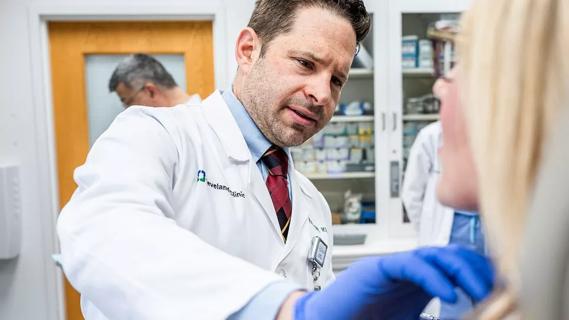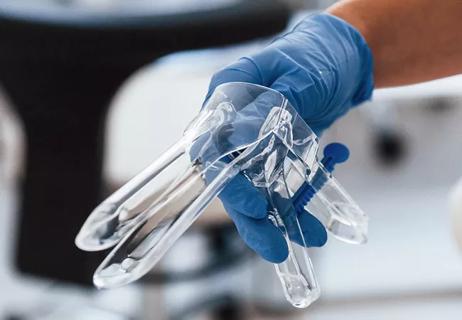INSPIRE trial currently enrolling patients

By M. Jean Uy-Kroh, MD, and Elim Shih, MD
Advertisement
Cleveland Clinic is a non-profit academic medical center. Advertising on our site helps support our mission. We do not endorse non-Cleveland Clinic products or services. Policy
Chronic pelvic pain is a complex diagnosis that encompasses multiple conditions and organ systems. Its treatment is also challenging due to an incomplete understanding of pain processing.
Evidence confirms opioids worsen chronic pelvic pain by lowering pain thresholds and increasing pain sensitivity. Nonpharmacological therapies are the treatment of choice. Physicians should counsel patients on the therapeutic benefit of restorative sleep and exercise. One novel therapy using intravaginal electrical stimulation is currently under investigation at the Women’s Health Institute.
We are actively enrolling subjects in the INSPIRE (INtravaginal Stimulation for Pelvic Pain Improvement and Relief) trial, which is a randomized, controlled trial utilizing a nonimplanted, intravaginal electrical stimulation device within the comfort and privacy of the patient’s home.
The INSPIRE trial is a 12-week research study. We seek women diagnosed with chronic pelvic pain lasting longer than six months. Subjects are randomized into one of two study groups. One study group will use an active device and the other will use a sham device.
The trial requires four visits to Cleveland Clinic’s main campus. After enrollment, subjects must commit to perform home sessions using the device six times per week, 12 minutes per session, for a total of 12 weeks.
If the trial proves the active device significantly reduces pain, then the active device will be provided to all women in the study at no cost.
At Cleveland Clinic, we encourage women to take a more active role in the treatment of their chronic pelvic pain. If proven effective through ongoing research, a novel domiciliary device may be an alternative or adjunct therapy in chronic pelvic pain.
Advertisement
Dr. Uy-Kroh, Director of the Chronic Pelvic Pain Program, can be reached at 216.444.0551 or uykrohm@ccf.org. Dr. Shih is a former fellow in the Women’s Health Institute.
Advertisement
Advertisement

Counseling and careful surgical considerations are key

Deprivation is linked to impaired glucose intolerance and racial disparities

Perioperative prophylaxis and class III obesity

Artesunate ointment is safe well and tolerated patients with vulvar intraepithelial neoplasia

Endoscopic balloon dilation during pregnancy helps optimize outcomes

Researchers examine waste and implore colleagues to take action

Mode of delivery does not affect patient satisfaction